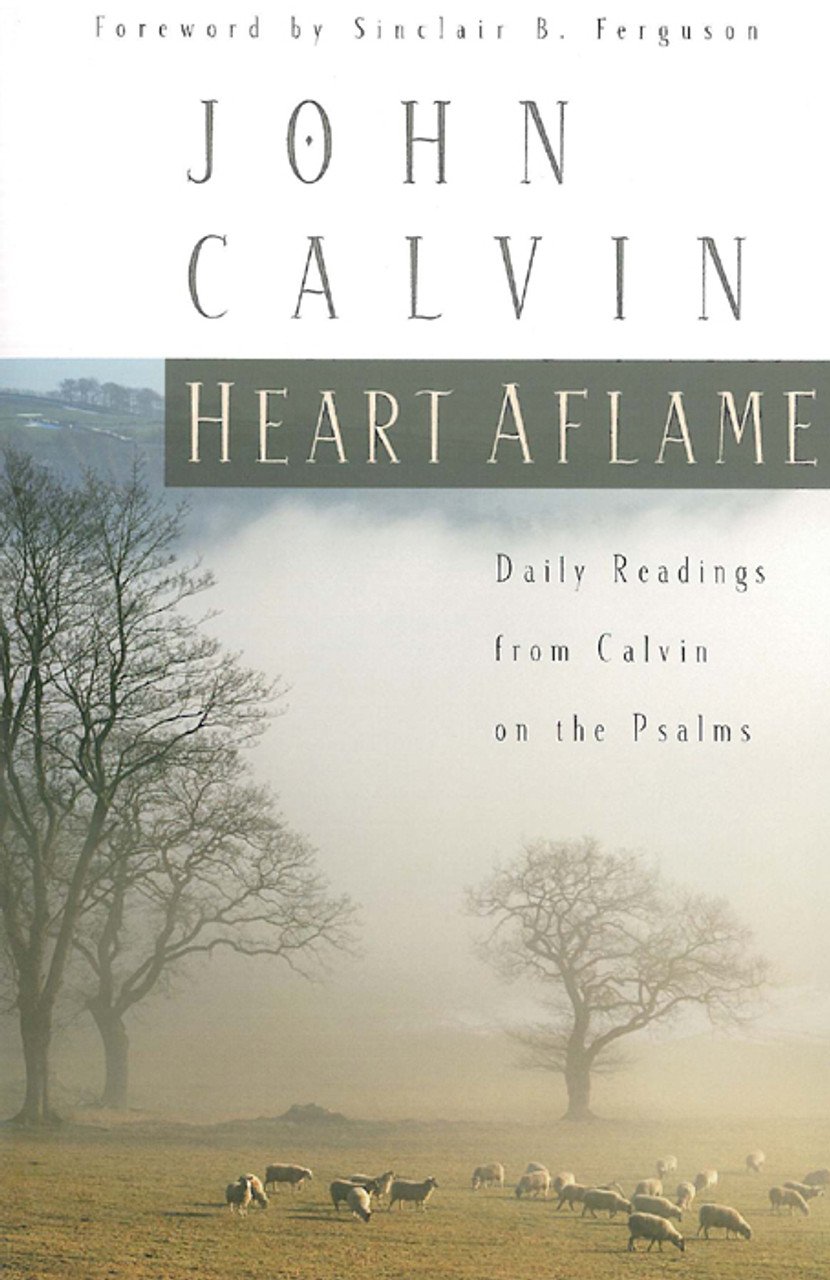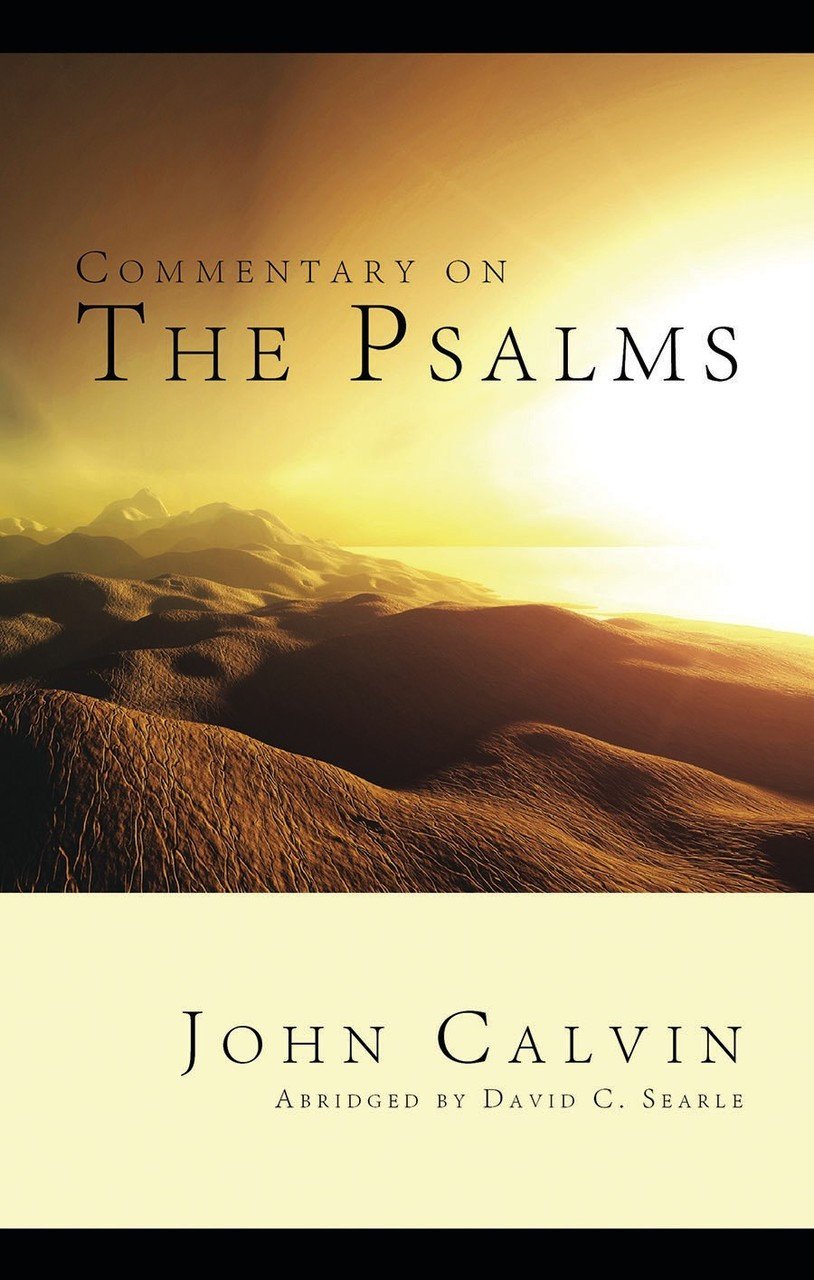The Glory of the King and His Bride: Part 4
Three Promises to the King (Psalm 45:16-17)
The pronouns in these verses are masculine singular, so these expressions are addressed to the King, not the bride. The psalmist is relating to us the words of God the Father given to the messianic King.
Instead of Your fathers shall be Your sons, whom You shall make princes in all the earth. I will make Your name to be remembered in all generations; therefore the people shall praise You forever and ever (Psalm 45:16-17).
One might insist on seeing only the ancient context here—"all this means is that the king’s marriage will produce sons, which will cause the king’s fame to live on.” But, really, that explanation doesn’t do these verses justice at all. These promises are extravagant—the King’s name shall be remembered and praised forever and ever. We have here God’s promising the King worldwide dominion and eternal worship. The scope transcends its ancient setting like the sun outshines the stars when it rises. Let's look at these three things God says to Christ.
Princes in all the earth
The King’s sons will be made “princes in all the earth.”
This never happened in the ancient context, not even on a small scale. Calvin commented on this passage with characteristic wisdom:
This prophecy is spoken expressly concerning Christ; for so far were the sons of Solomon from having a kingdom of such an extent, as to divide it into provinces among them, that his first successor retained only a small portion of his kingdom (John Calvin, Commentaries, vol. V, Psalms 36-92, 1:192).
The word sons can be understood metaphorically for believers. Isaiah tells us the Messiah "shall see His seed" (53:10), clearly not referring to literal children. Scripture tells us that, not physical sons, but glorified Christians will rule in the heavenly kingdom, under Christ. "The saints of the Most High shall receive the kingdom, and possess the kingdom forever, even forever and ever" (Dan. 7:18). "If we endure, we shall also reign with Him" (2 Tim. 2:12). This glorified state of believers appears to be what the psalmist refers to.
His name will be remembered
God will make the King’s name to be remembered in all generations.
Sons usually carry on the name of their father, and for a while, his memory too. Here we see that the sons of the King will make Him to be remembered forever. It is true that David and Solomon are still remembered, millennia after they died. But this King is so glorious that no mere human king can compare, as the next promise shows.
Eternal praise
People will praise the King forever and ever.
This helps us see the psalm's ultimate reference. No one calls out "David has slain his tens of thousands" anymore. They haven’t since he was alive. But every day in tens of thousands of congregations all over the world, innumerable people praise David's greater Son, and they’ve been doing so for millennia. Though His subjects are a mixed lot, and undoubtedly some are Christians in name only, it cannot be denied that Jesus Christ reigns.
Christ's reign started as small as a mustard seed and has grown to spread its branches all over the globe, coming even to us. He has reigned over untold people's hearts for millennia, in a sense even over those who deny Him—“Christ’s religion has marvelously revolutionized the opinions and practices of mankind” (William S. Plumer, Psalms, Edinburgh: BoT, 519).
Many worldwide culture wars revolve around whether or not to cast aside His norms, which shows among other things just how broad His influence upon mankind is. The extent of His influence has not yet come to full fruition. The final result of Christ’s kingdom is stunning in scope (Phil 2:10-12; Rev. 5:13).
The historicity of the Christian faith
Passages that predict His worldwide fame centuries ahead of time remind us of the Christian faith's historicity. That a Nazarene descendent of David arose to fulfill the promises of the Hebrew prophets ought to give all people pause. That His kingdom fanned out across the earth like a spreading flame, just as promises like these predicted, tells us something profound about our world—that the divine has torn the veil between heaven and earth and entered history.
It is easy to chalk Jesus up as just another religious figure and to give Him little thought or sway over life. But in reality, there is no one like Him. There is no one more important to listen to. The reality of Christ, who came in accordance with Old Testament prophecy, carries a bundle of concurrent truths along with it—The God of the Old Testament is the true and living God.
The Bible is true. Christ came once as a lamb, and He will come again as a Lion. The world and human culture, as they stand, are a dream that will vanish at His coming. Nothing matters but pleasing Him.
Christianity deals in spirituality, yes, but spirituality is not to be dissociated from reality. Christ was promised, and He came, and He was just as He had been described. He did what it was foretold He would do. The knowledge of Christ spread throughout the earth, just as God said it would in Psalm 45 and elsewhere. And His offer of peace to repentant rebels still stands in the day of grace that will shortly come to an end (Psa. 2:12; 2 Cor. 6:2; Heb. 3:15).













